Speech and Language Therapy Services for Children
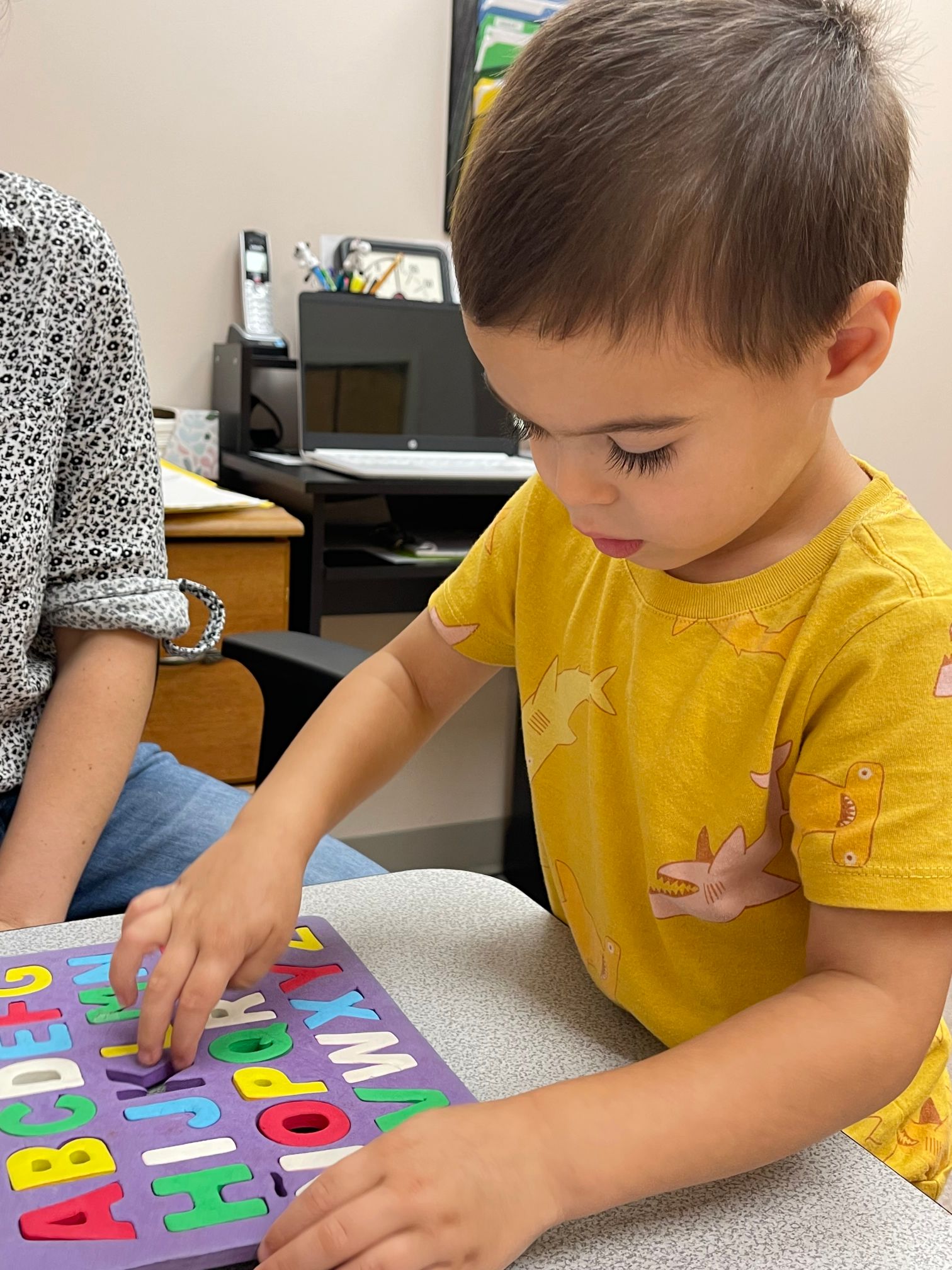

Speech and Language Therapy Services, Inc. in Dartmouth is a great resource for speech therapy for children.
We provide complete speech/language therapy. You can view our entire list of services along with descriptions of each below.
Services for Children
Articulation therapy
Most children make some mistakes as they learn to say new words. A speech sound disorder occurs when mistakes continue past a certain age. Every sound has a different range of ages when the child should make the sound correctly.
Speech sound disorders include problems with articulation (making sounds) and phonological processes (sound patterns).
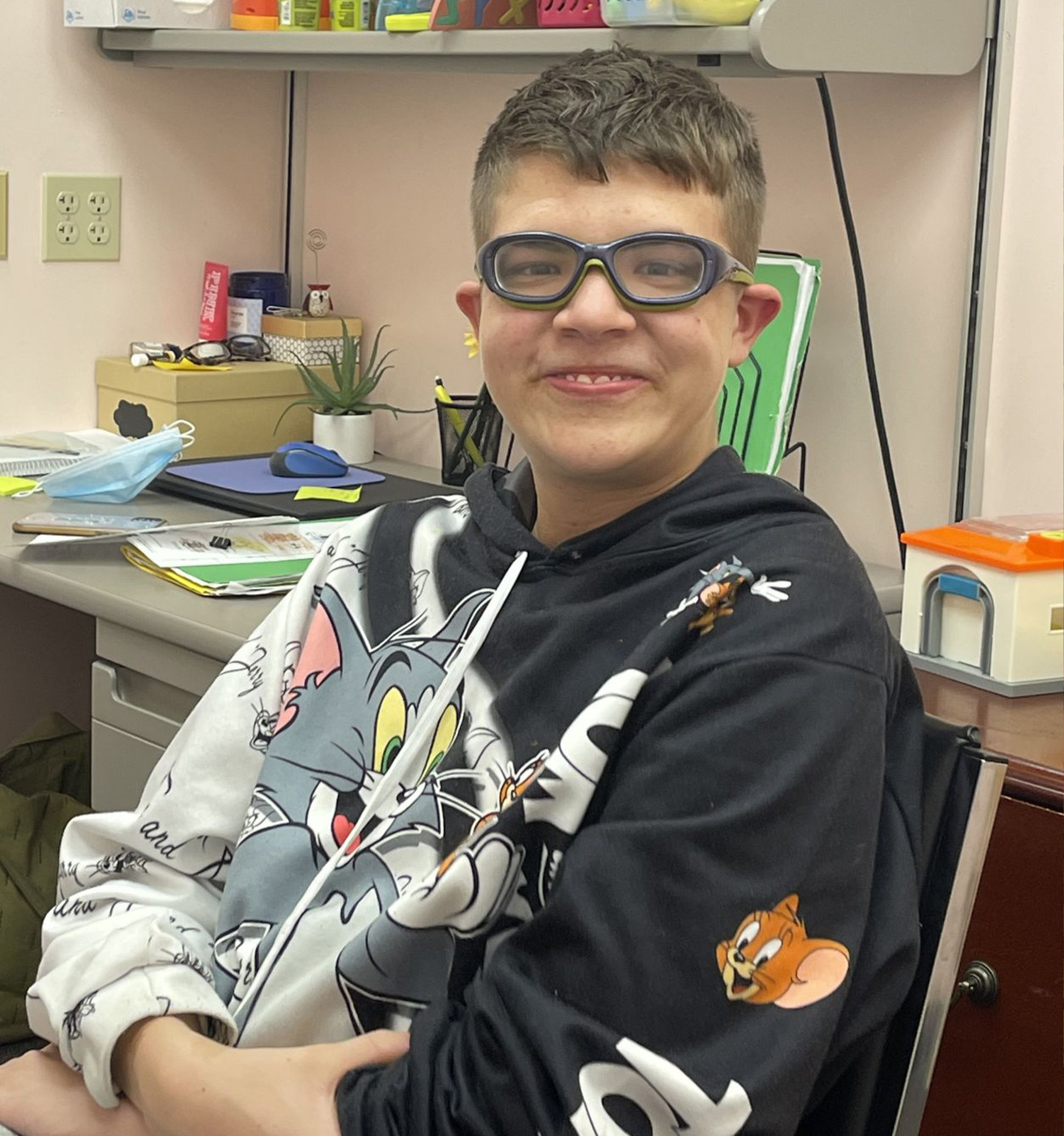
Preschool Language Disorders
Some children have problems with understanding, also called receptive language. They may have trouble: understanding what gestures mean, following directions, answering questions, identifying objects and pictures, etc.
Many children have problems with both understanding and talking. A speech-language pathologist can help the child in either case to improve their communication skills, which also involves educating and training their parents and caregivers.
Stuttering Therapy
Stuttering therapy for children usually means learning to talk in an easier manner, and to build positive emotions, and attitudes about talking. As a result, length and type of therapy can vary greatly depending on the child’s needs.
A list of sample therapy goals for children includes: reducing the frequency of stuttering; decreasing the tension and struggle of stuttering moments; working to decrease word or situation avoidances; learning more about stuttering; and, using effective communication skills such as eye contact or phrasing.
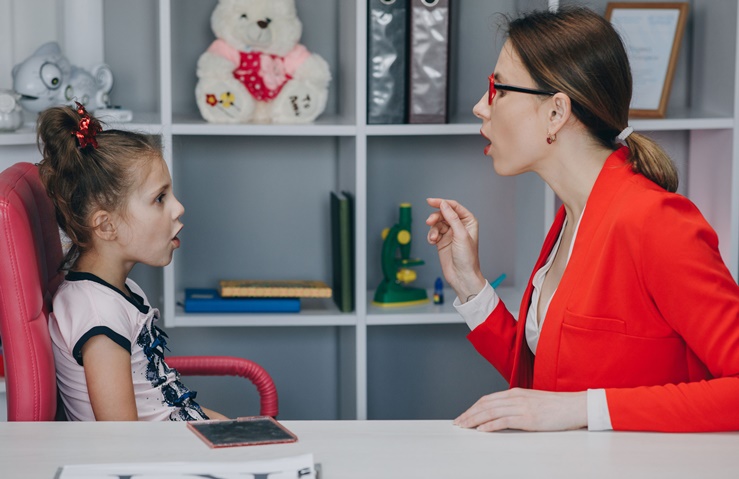
Language delays related to autism
Because of their special challenges, children with autism must do more than learn how to speak. The child also has to learn how to use language to communicate. This includes knowing how to hold a conversation. It also includes tuning into both verbal and nonverbal cues from other people — such as facial expressions, tone of voice, and body language. About one out of three people with autism has trouble producing speech sounds to effectively communicate with others. The person’s language, if present, is simply too hard to understand. Speech-language pathologists play a very important role in the development of these skills.
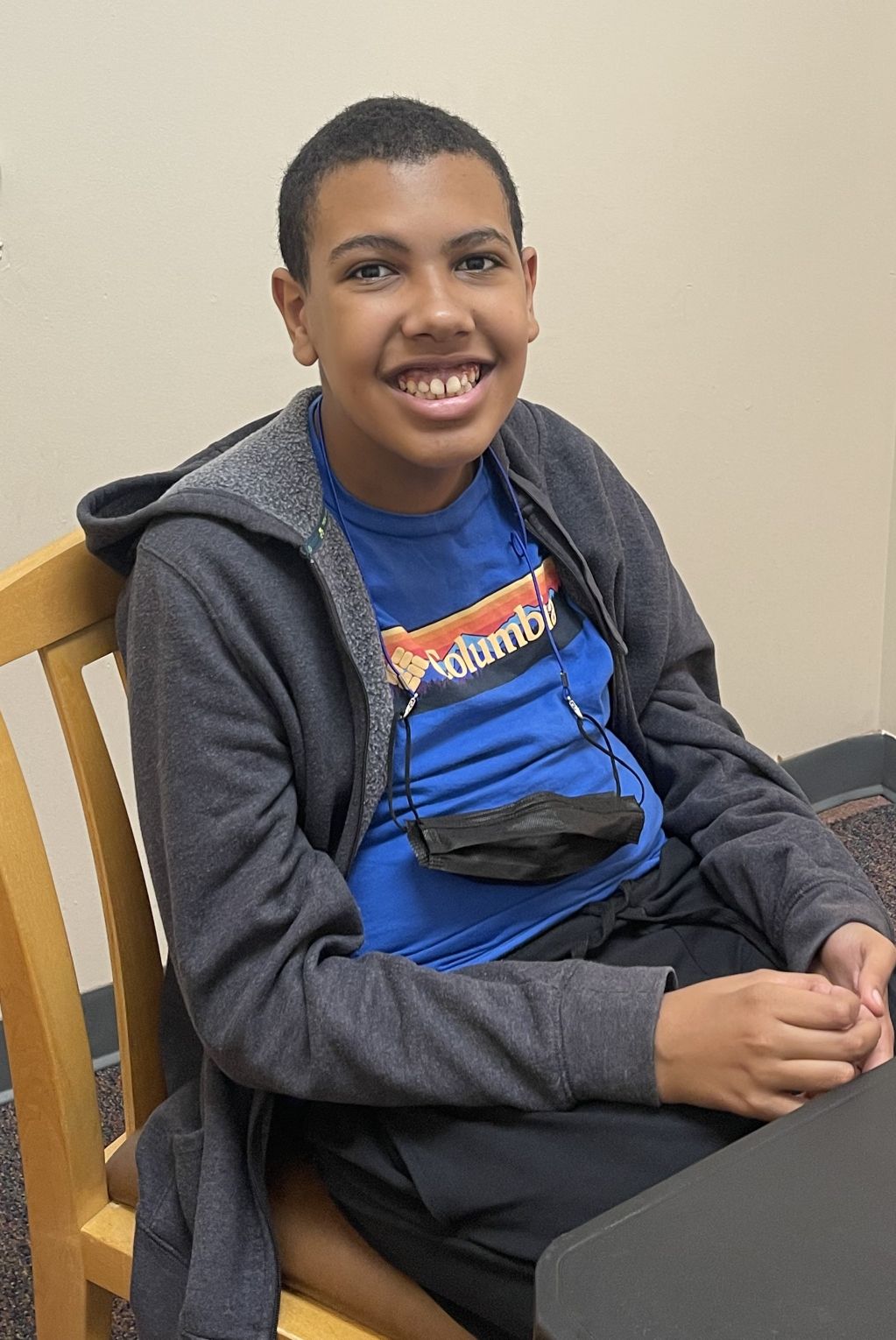
Auditory Processing Disorders
Auditory processing disorder (APD), also known as central auditory processing disorder (CAPD), is a complex problem affecting about 5% of school-aged children. These kids can’t process the information they hear in the same way as others because their ears and brain don’t fully coordinate. Something adversely affects the way the brain recognizes and interprets sounds, most notably the sounds composing speech. Once diagnosed, kids with APD usually work with a speech-language pathologist.
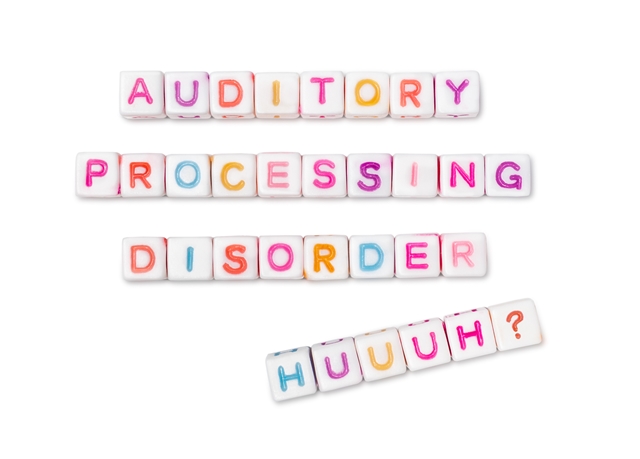

49 State Rd Watuppa Building, Suite 104-105
North Dartmouth, Massachusetts 02747